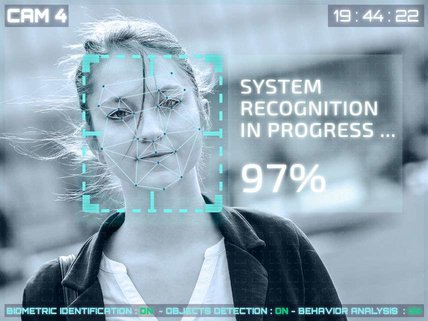Update: 11-17-2020 The Vallejo City Council incorporated changes requested by Oakland Privacy, ACLU and EFF to strengthen the use policy, including restrictions on First Amendment use, datasharing with federal immigration, publishing a quarterly log, and returning to Council for any software or hardware additions to the unit. The new stronger policy was unanimously adopted by the City Council. The first quarterly log is expected to be published in early December.
Update 10-23-20 After getting hundreds of emails, the Vallejo City Council agreed to stick to the originally announced date of 10-27 for the stingray policy hearing.
Update 10-9-2020: Afer informing us the stingray policy was agendized for public comment at the 10-27 meeting, the City of Vallejo reversed themselves and suddenly announced the discussion would be added to the October 13 agenda instead. We’re pretty sure the sudden change was intended to minimize public comment, so it’s up to us to make sure that doesn’t happen.
Take a second and use this easy online action to tell the Vallejo City Council to stick to the original date.
Take Action
Vallejo residents Solange Echeverria and Daniel Rubins, along with advocacy group Oakland Privacy, filed a lawsuit against the City of Vallejo after the purchase of a cell site simulator {stingray} was not accompanied by a privacy policy for public input from city residents and a vote of approval by the City Council. The plaintiffs alleged the process was not compliant with Section 53166 of state law, which became effective on January 1, 2016 as Senate Bill 741 (Hill), after being signed into law by then-Governor Jerry Brown.
On August 28, Solano Superior Court judge Bradley Nelson granted our request for an alternative writ of mandate and ordered the City to show cause why he should not prohibit it from using this invasive technology without a proper privacy policy that was approved by the City Council. On October 1, after issuing a tentative ruling suggesting that he agrees with the Plaintiffs and then hearing argument, Judge Nelson took the matter under submission.
The City of Vallejo has since indicated that the privacy and use policy would be placed back on the City Council agenda for the October 27th meeting. This meeting will provide an opportunity for Vallejo residents to read, review and comment upon the policy prior to adoption by the City.
Read more →




